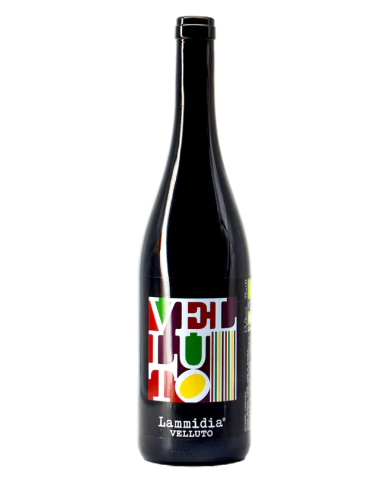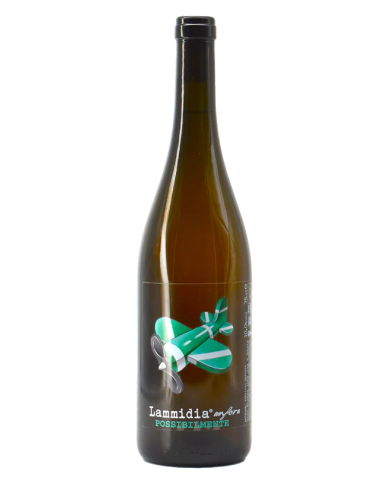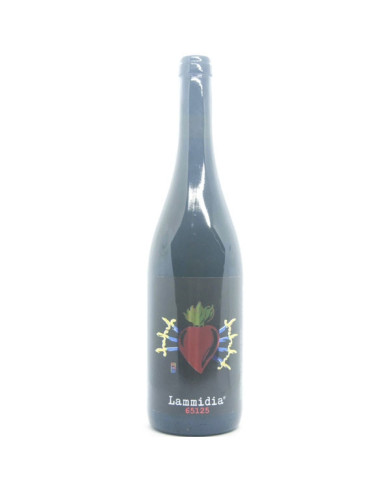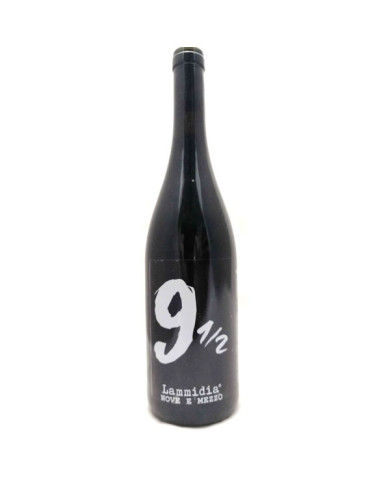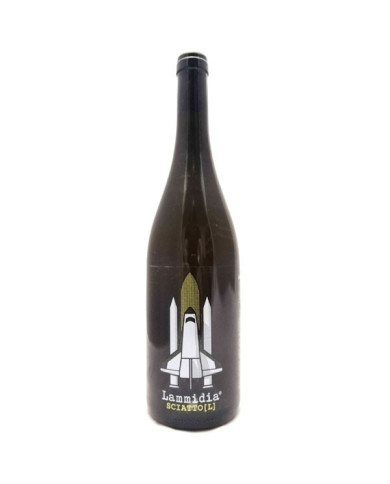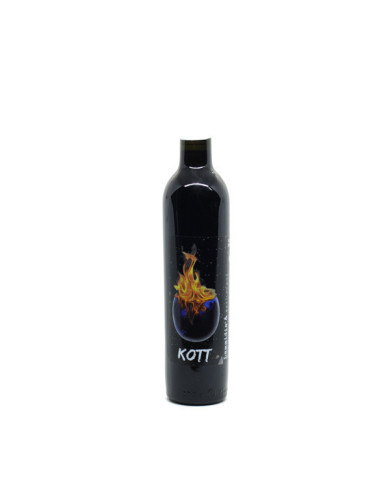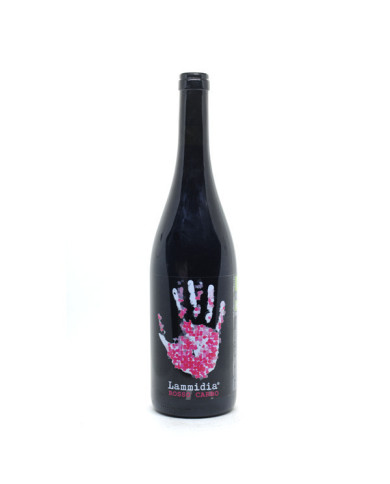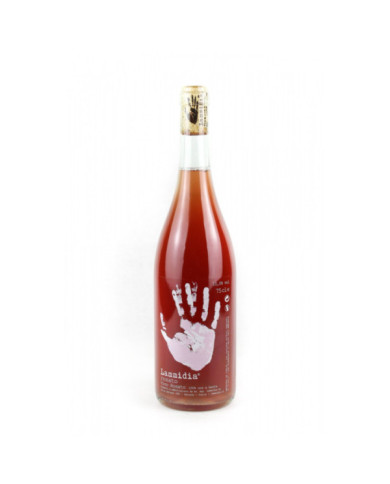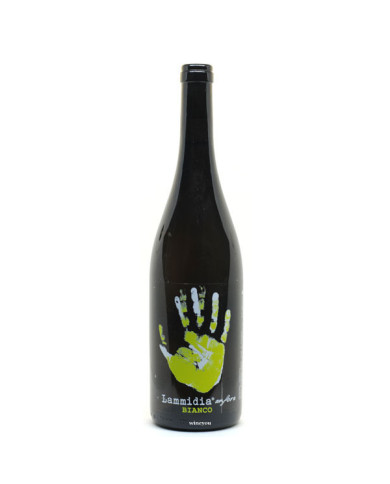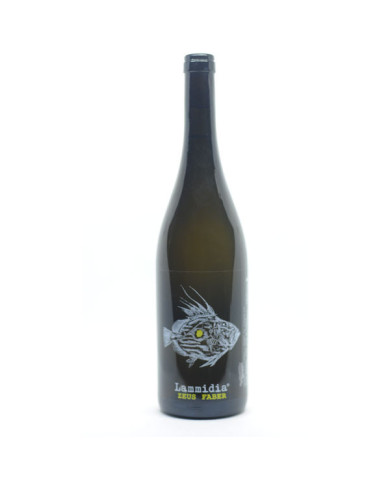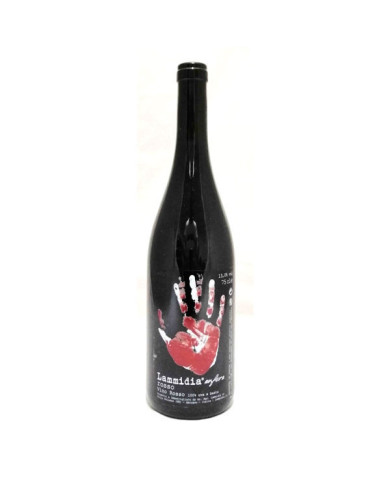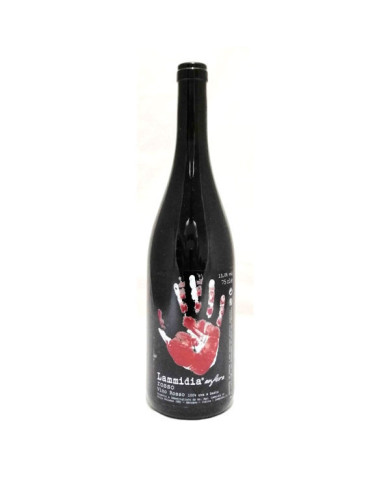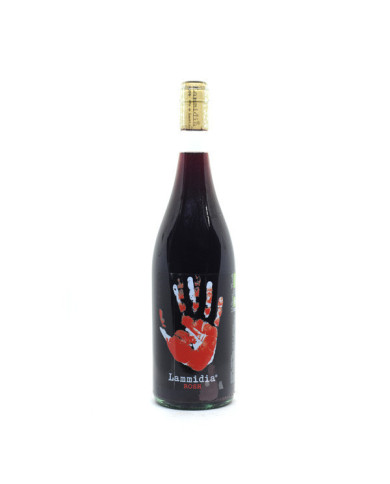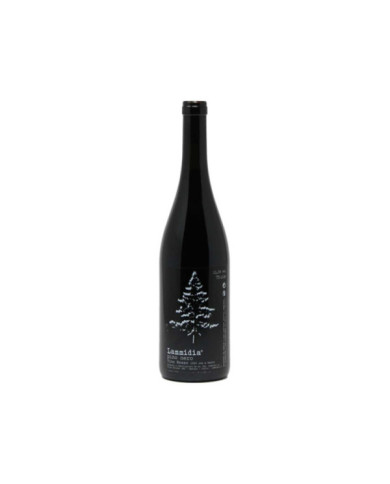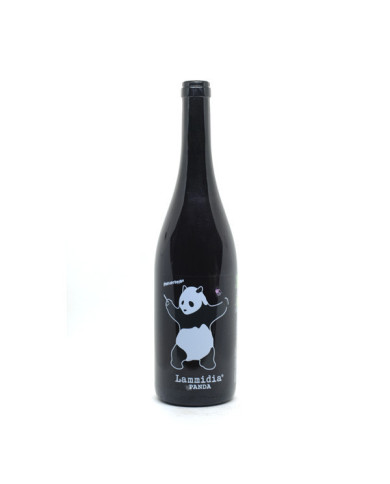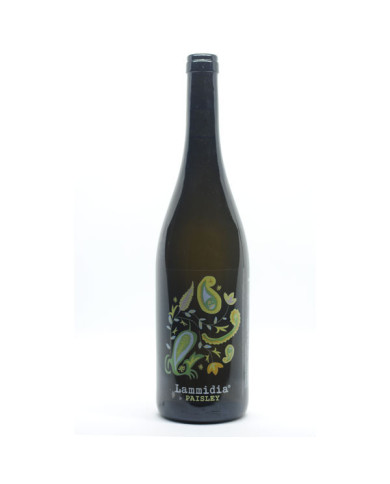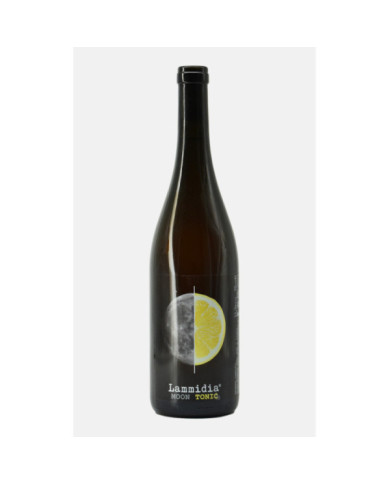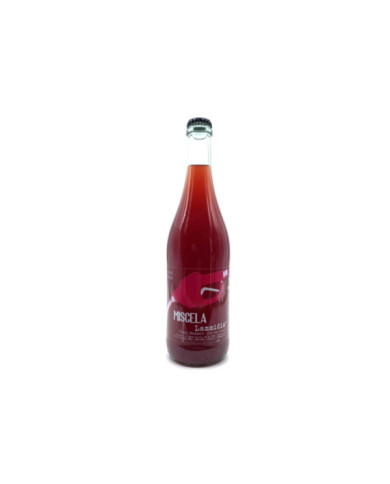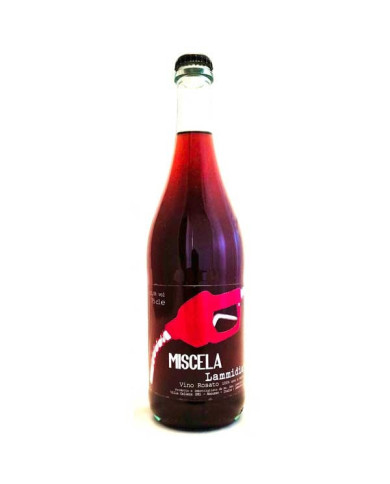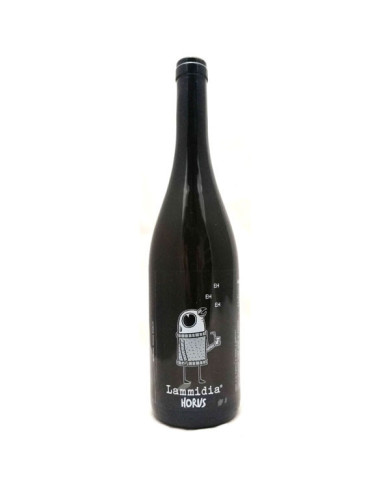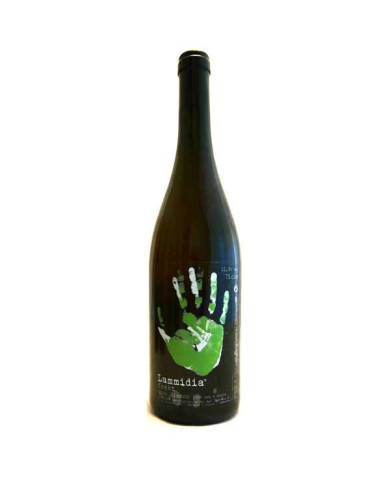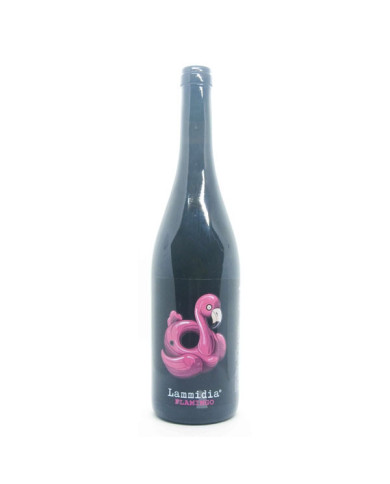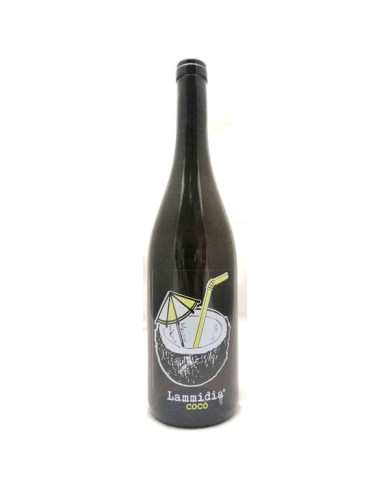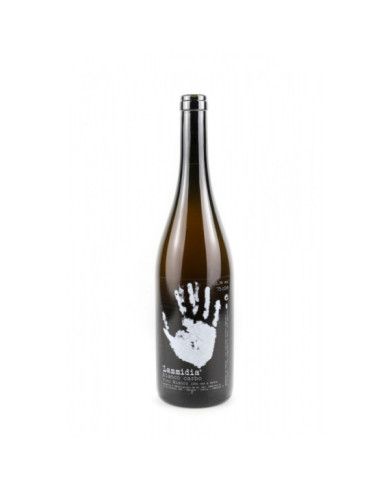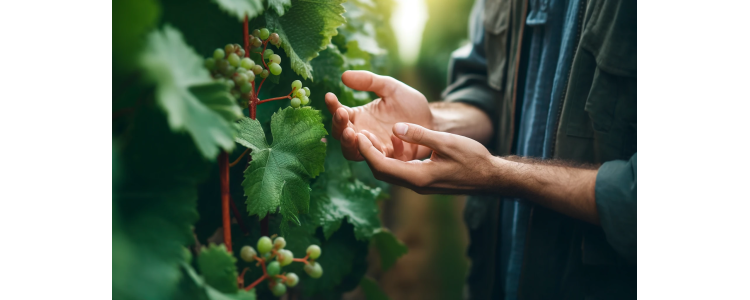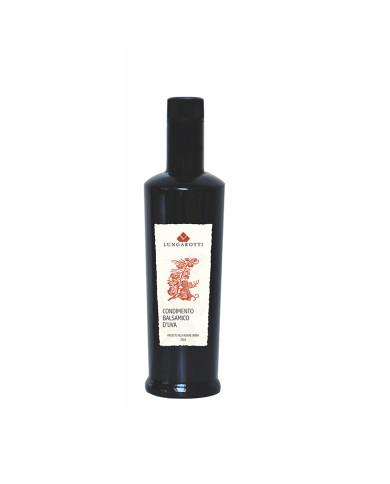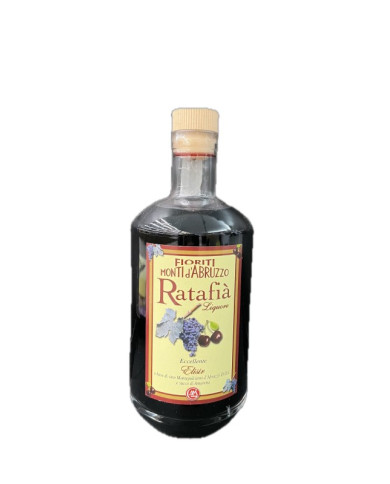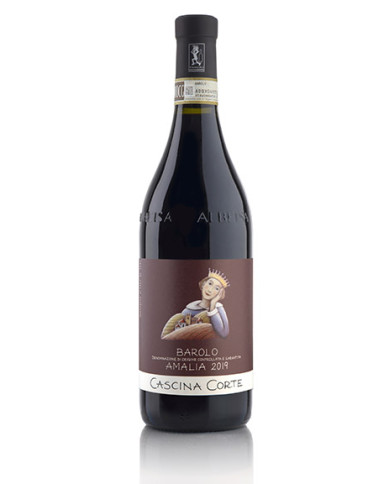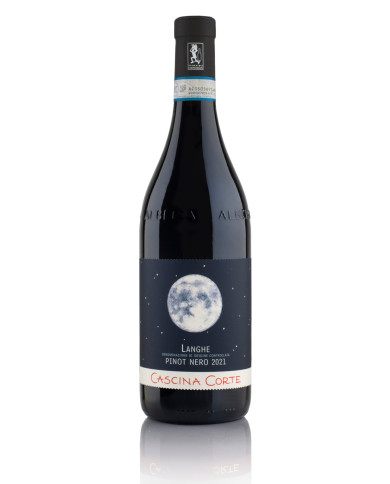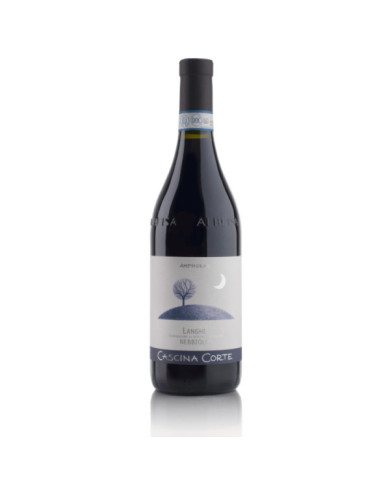Vinification: Destemmed by hand. Contact with the skins with daily milling for two weeks Aging: Barrique Description: Pepper, black pepper, an enveloping texture in the mouth which recalls velvet
An unconventional red wine as per the Lammidia style, in which freshness and ease of drinking are sought. Obtained from pure red grapes with carbonic maceration for a week and refinement in steel. A wine that has beautiful aromas on the nose reminiscent of red fruit, followed by liquorice and spicy notes. The south of France made in Pescara.
a juice of wild strawberries and currants that ends with a strong acidity! To drink as much as I can!!!
Rosso Anfora di Lammidia is a fresh and compulsively drinkable wine obtained from red grapes. Produced by manually destemming the grapes and pressing them softly with your feet. Fermented spontaneously in amphora in contact with the skins immersed in the must for 10 days. Subsequently the wine refines together with the fine lees for a further 10 months.
Pino Nero is a red wine obtained from red grapes, fermented with semi-carbonic maceration. Spontaneous fermentation. Aging in fiberglass tanks. Without sulphites added before bottling. The result is a wine that gives the palate a great sensation of freshness and many fruit flavors.
Panda di Lammidia is a ros├® wine obtained from a blend of red and white grapes. The vinification takes place spontaneously in cement, while the refinement takes place in anofra. Panda is a fresh, fruity wine, with excellent minerality and drinkability.
100% Montonico, whole bunch carbonic maceration fermentation for a week in cement tanks, then pressed and refined in the same. A territorial grape juice with infinite drinkability! From one of the oldest grapes of Abruzzo here is a wine with super floral aromas and sensations, a slightly citrusy freshness and a lot of minerality! Vibrant like all Lammidia wines!!!
Frekt by Lammidia is a fresh and surprisingly drinkable white wine made from white grapes. The vinification is spontaneous, with half of the pecorino being pressed directly, while the other half is macerated for 2 weeks in concrete with a submerged cap, and then they are assembled and aged in fiberglass containers. Frekt is a wine that stands out for its freshness, its drinkability and rusticity, and its fruity hints. A wine that will make you definitively fall in love with Lammidia.
Sale of Biodynamic Wines
Biodynamic wines represent a new frontier in the production of high-quality wines, where nature is fully respected and enhanced. Biodynamic viticulture is an agricultural practice based on the theories of Rudolf Steiner, which involves the use of natural methods to cultivate vines and produce high-quality wine. In this article, we'll explore everything you need to know about selling biodynamic wines, from the specifics of the production process to the wine varieties available on the market.
How is biodynamic wine produced?
The biodynamic winemaking process is based on natural methods, including the use of biodynamic preparations to strengthen the vine's vitality and improve the quality of the wine. Biodynamic viticulture relies on the use of herbal and mineral preparations to improve the quality of the soil and vines. Furthermore, biodynamic viticulture involves respecting nature's cycles and the use of organic farming techniques.
The characteristics of biodynamic wine
Biodynamic wine stands out for its quality and its ability to authentically express its terroir. Thanks to the use of natural methods, biodynamic wine preserves the organoleptic properties of its terroir, expressing the character of the grape variety in an authentic and genuine way. Furthermore, biodynamic wine is considered healthier than wine produced using traditional methods, as it contains fewer chemicals and additives.
Biodynamic wine varieties
Biodynamic wine is available in numerous varieties, from the most classic to the most innovative. The main biodynamic wine varieties are:
- Chianti: a Tuscan red wine made from Sangiovese grapes;
- Barolo: a Piedmontese red wine made from Nebbiolo grapes;
- Montepulciano d'Abruzzo: a red wine from Abruzzo made from Montepulciano grapes;
- Prosecco: a white wine from the Veneto region made from Glera grapes;
- Pinot Grigio: a white wine from Friuli made from Pinot Grigio grapes.
Where to buy biodynamic wine
Biodynamic wine is available at numerous specialty stores and online wine shops, where you can find a wide selection of labels and varietals. Additionally, many Italian wineries and wineries produce biodynamic wine, making it possible to purchase directly from the producer. It's important to choose a reliable and specialized seller who can offer a wide selection of biodynamic wines and guarantee their authenticity and quality.
Benefits of biodynamic wine
Biodynamic wine offers numerous advantages over wine produced using traditional methods. First, the biodynamic wine production process relies on natural methods, free from chemicals and pesticides. Therefore, biodynamic wine is considered healthier and free from harmful substances. Furthermore, thanks to the use of biodynamic preparations and the careful management of the soil and vines, biodynamic wine can authentically express the characteristics of its terroir, offering greater expressiveness and a unique character.
The sale of biodynamic wines represents a new frontier in the production of high-quality wines, authentically expressing the character of their terroir. Thanks to the use of natural methods and careful attention to the soil and vines, biodynamic wine is a healthy and high-quality choice, capable of satisfying even the most discerning palates. Choosing a reliable and specialized seller is essential to guarantee the quality and authenticity of biodynamic wine and to ensure access to the widest selection of labels and varietals.

